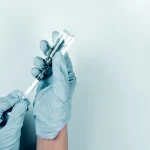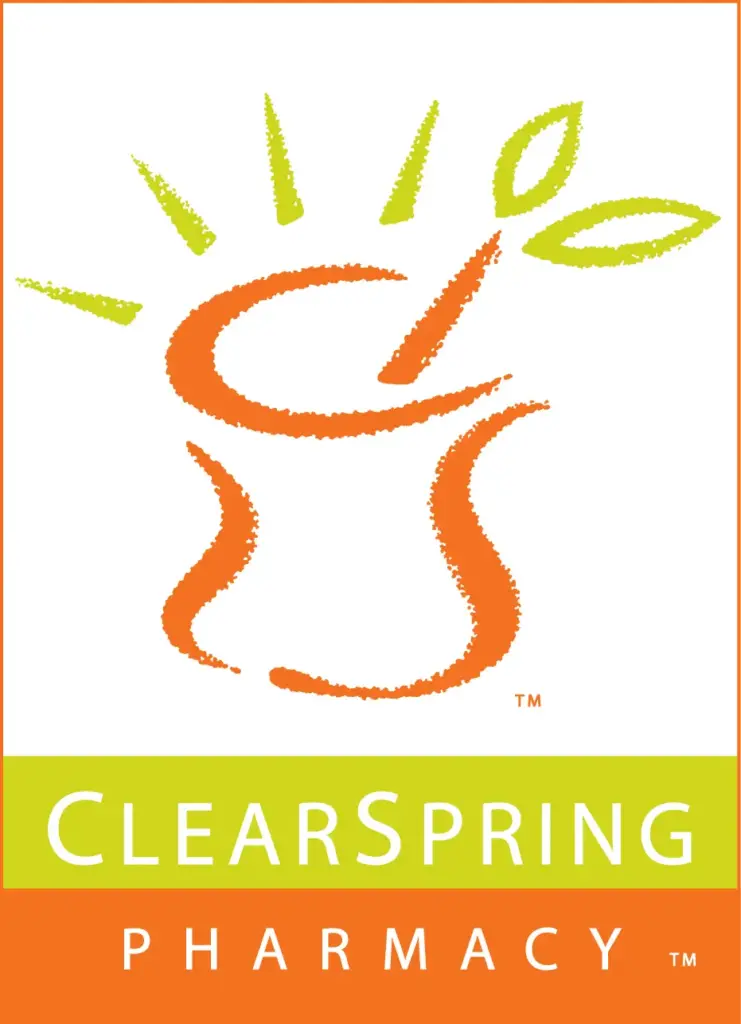
Healing Moderate to Severe Wounds
The human body is well equipped to heal and mend minor wounds.
For larger and more severe lesions, professional wound care may be needed. This includes consultations from medical personnel and medicated ointments.
Wound healing is not only crucial for local repair but also for the body’s overall physiological processes. If wounds become chronic, people can become susceptible to inflammatory cascades affecting many organs.
If wounds don’t heal correctly, it can lead to more issues. Skin is the most commonly injured tissue, and proper repair is essential for re-establishing its barrier function.
Compounding Medications for Wound Care
Formulations are tailored to the needs of patients. Medications contain the necessary combination of active ingredients and base ingredients for specific types of wounds.
For example, the option between a cream, ointment, or gel can be clinically significant.
Gels are more water-soluble, so they may be preferred because they can be rinsed from the wound by irrigation.
Polyox bandages are also an excellent option for wound care. They can be puffed onto a wound and stick even with bodily fluid. These bandages can be compounded and customized to contain the active ingredient a doctor prescribes.






